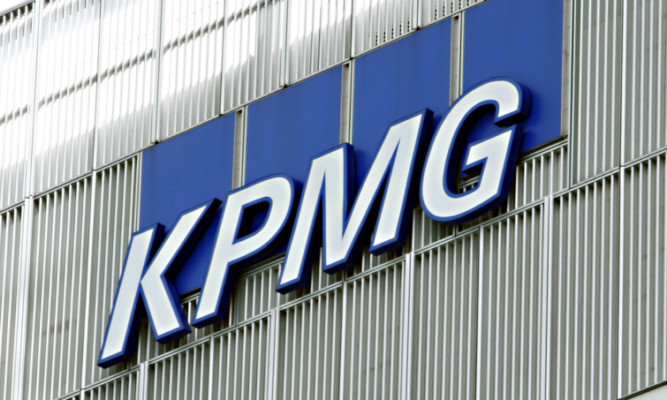Fewer Scottish businesses fell into financial difficulty in the first quarter of this year, according to a new survey.
Data released by professional services firm KPMG show there were 159 corporate insolvency appointments made in the first three months of the year.
The figure made up of 122 liquidations and 37 administration and receivership appointments was 135 less than the 294 seen in the same period last year.
It was also significantly lower than the 236 seen in the final quarter of last year.
Blair Nimmo, KPMG’s head of restructuring in Scotland, said the drop in the insolvency figures was primarily due to a reduction in activity by Her Majesty’s Revenue and Customs in the past quarter.
“It could appear that the worst of the market turmoil is now behind us,” Mr Nimmo said.
“Significantly, fewer smaller companies are going out of business year-on-year while the total number of corporate insolvencies has decreased by a third in the last six months.
“However, these figures would also be viewed as slightly misleading in that the key factor in the downward trend, especially in relation to liquidations, is the very significant drop in HMRC appointments.”
However, he said it was KPMG’s view that fewer businesses were finding themselves in financial difficulty having adjusted to the new market economics which had prevailed following the economic downturn.
“Looking beyond the statistics, our experience indicates that fewer companies are finding themselves in difficulty,” Mr Nimmo said.
“The banks are reporting fewer companies entering their support units and our own clients generally appear in better health.
“I sense that many businesses are accepting that the economy as it stands is unlikely to change materially in the short term that in effect ‘now is the new norm’ and have cut their cloth accordingly.
“They continue to have a focus on conserving cash and keeping costs low with limited speculative involvement until there is clear evidence of an improvement in the trading environment.”
